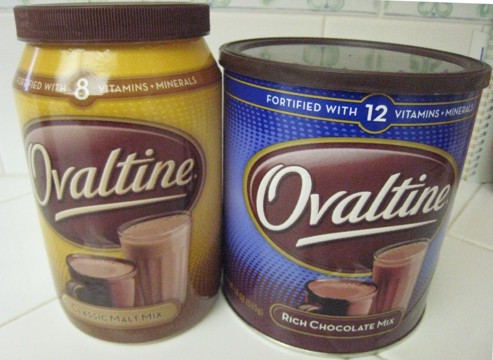Iowa this time.
Wasn't there a similar incident in Oregon last year? Does anyone have any follow up information on that?
.
Replies sorted oldest to newest
quote:Originally posted by eatersbaseball:
It was from creatine supplements in the Oregon case. Dangerous stuff. It was interesting to read in the Los Angeles times Matt Barkley being quoted how much better he felt after quitting the creatine. Lost 10lbs and was much more mobile.
quote:CPLZ provided a pretty good summay of what I discovered researching creatine a few years ago.

quote:Originally posted by gotwood4sale:
.
I don't know about the rest of you guys, but I'm sticking with this...

quote:Originally posted by eatersbaseball:
The long-term effects of creatine use have not been fully examined, and to ignore the potential concerns that surround this supplement could place athletes on the path to serious health problems. Creatine is an unregulated substance that is marketed to and used in large doses by teenagers without proper medical supervision. ... . As of this date we do not have a sufficient system in place in the US to guarantee that the dose of creatine in the supplement you buy is accurate as labeled. That in itself should cause anyone seeking the magic bullet pause, especially if giving that bullet to a minor.
quote:Originally posted by Prime9:
I agree in this instance and regarding most supplements. Do you research and understand there are no silver bullets. Life is all about balance, I wouldn't recommend going over board on anything.
quote:Originally posted by gotwood4sale:
.
I don't know about the rest of you guys, but I'm sticking with this...

.
quote:Originally posted by nopunchiejudys:
You can purchase Muscle Milk Collegiate on line . Some of these " puffed up " HS players might be surprised when they have to pee in the cup in college .
quote:Creatine is probably the most studied supplement ever. To date, there is no, I repeat no, evidence that creatine is damaging to the body in any way...
To the kidney problems. Simple. When taking creatine, you MUST hydrate and hydrate regularly. Because the creatine is taking hydration to the muscle membrane at a greater rate, it can rob the organs (kidneys) of the fluids necessary for regular function. It is not the creatine causing kidney problems anymore than it is car keys that cause auto accidents. In both cases, it is the operator. All of this can be simply avoided by proper hydration. A 2002 study of D1 athletes across all sports found that over 80% of them lacked normal hydration...
Creatine is not a great evil and neither is it dangerous. Using any supplement before knowing what it does, why and how it may affect you is what is dangerous.
quote:Originally posted by 3rdgenerationnation:
CPLZ provided a pretty good summay of what I discovered researching creatine a few years ago. 4rdGen Mom is a Registered Dietitian and an Exercise Pyhsiologist and she concluded the same thing. One piece of research I came across related to the self reporting D1 athletes did on there use of steriods. There was a steady drop in those saying they were taking steriods and the biggest reason was that legal supplements like creatine were giving them the results they were looking for.
quote:Originally posted by nopunchiejudys:
Coffee ??? Now I'm in trouble .
quote:Originally posted by fanofgame:
Just wanted to post the way drug testing is handled.